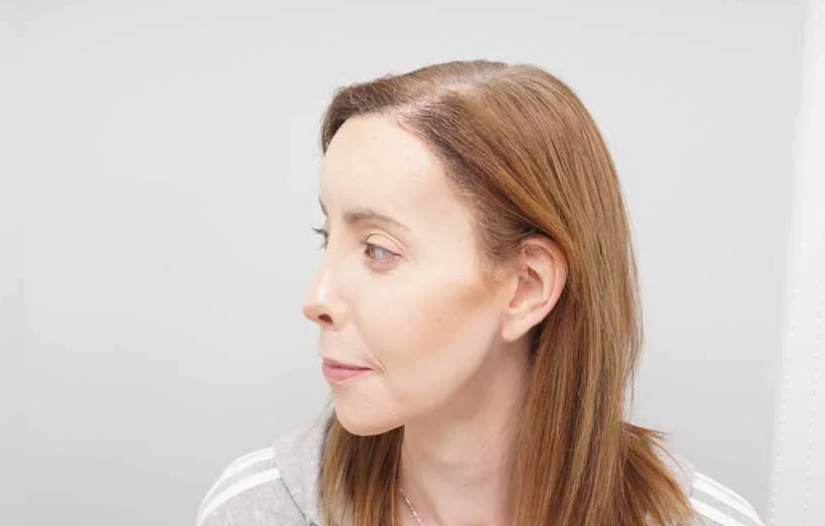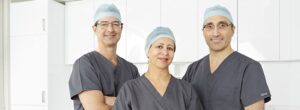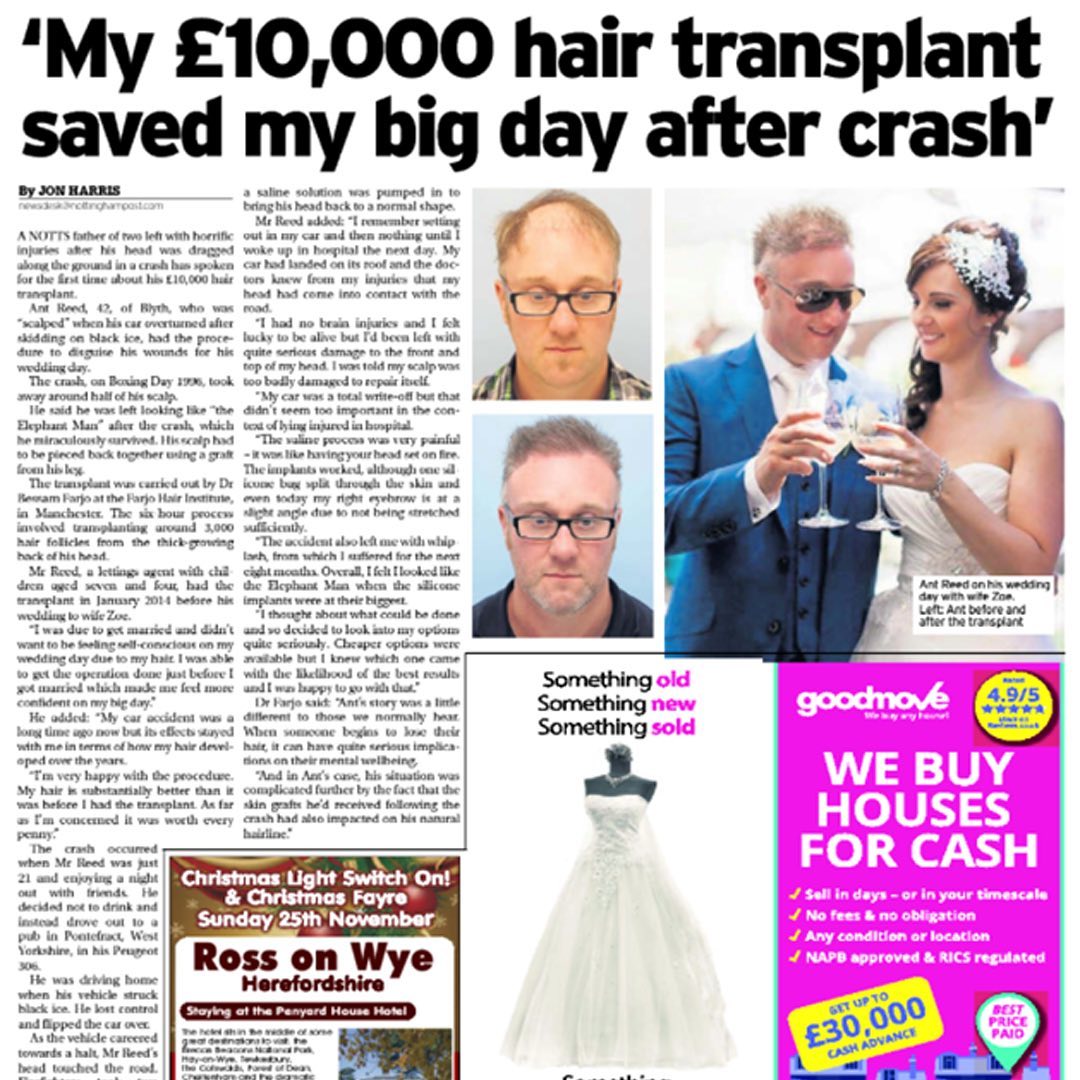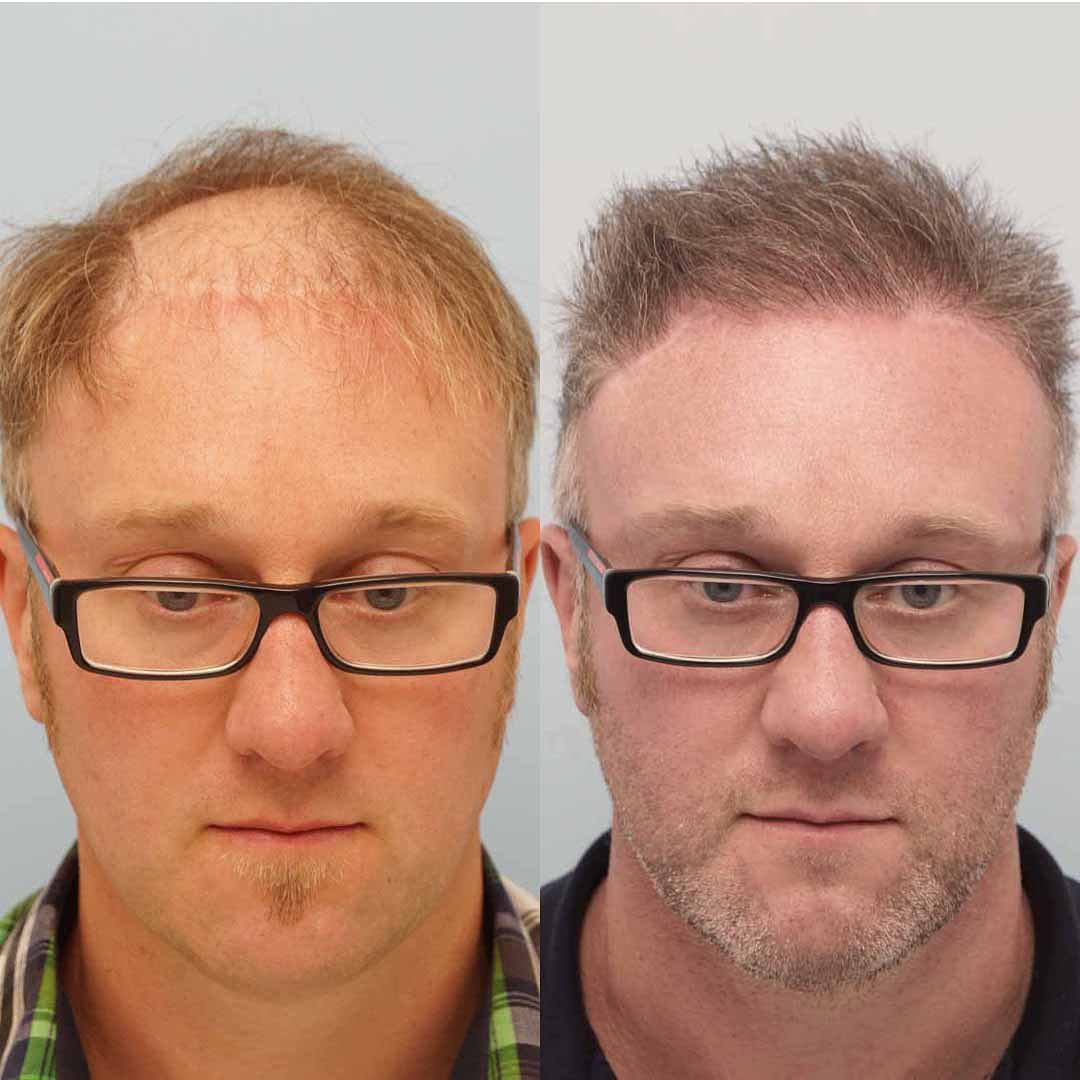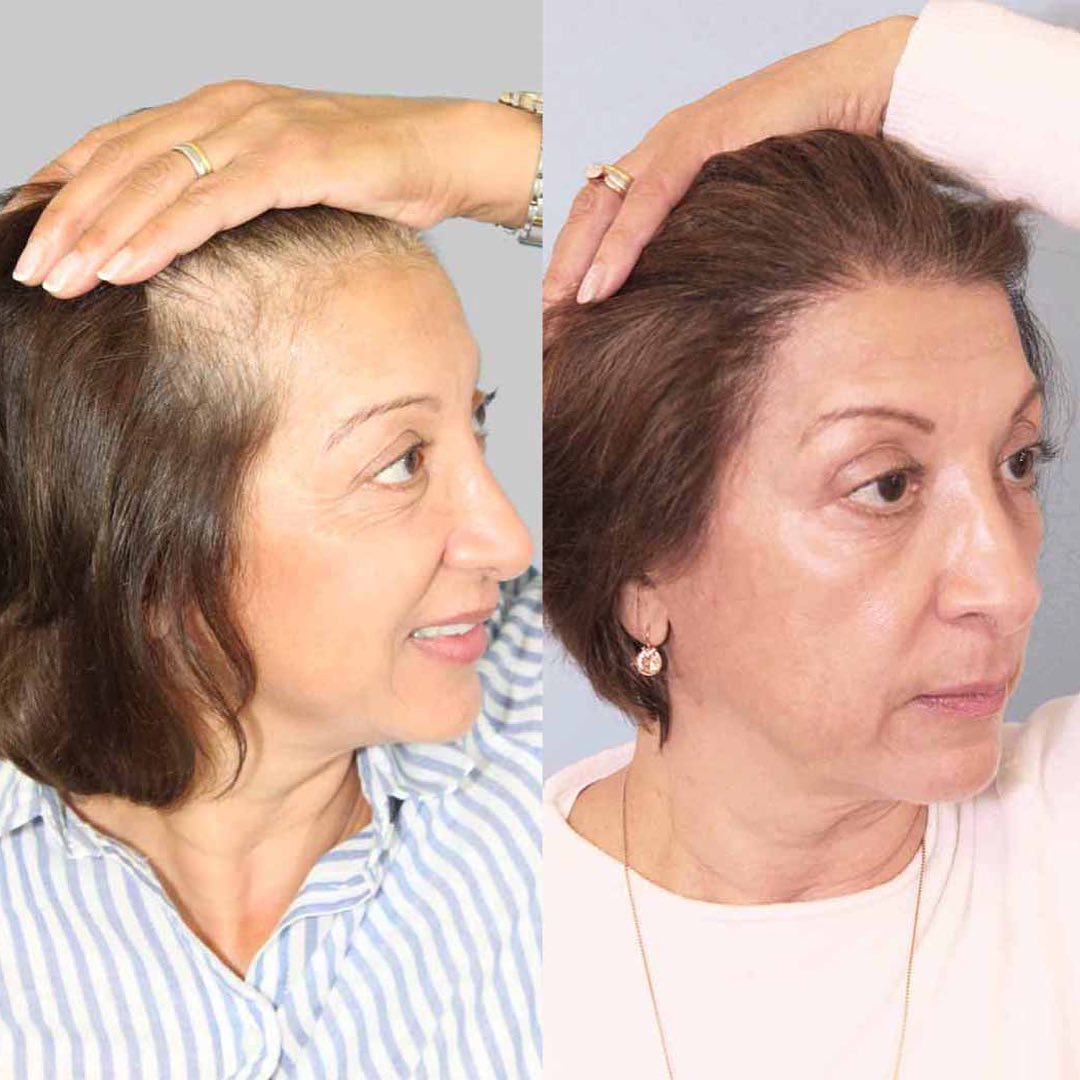Hello #LGBTQ+ community we hope you are well and staying safe! At Pink Pound we’ve been working very hard to find the best & elite bespoke hair restoration services to help you feel confident, and look amazing for the upcoming Festive season and New Year!
Please welcome our latest Pink Approved Partner – Farjo Hair Institute.
We had great pleasure in speaking to Dr Bessam Farjo and Dr Greg Williams, and can assure you they are great supporters of our LGBTQ+ community. The Farjo Hair Institute offers an ethical and unique approach to all of your hair loss concerns. Catering for all genders. LGBTQ+ Hair Restoration Service Provider.
The eilte team has an extensive background in helping you enhance and rejuvenate your hairline appearance. You will also have access to a private and confidential service. So you can rest assured that you are in safe hands.
Farjo Hair Institute is also listed on our Pink Approved Partners section.
The Farjo Hair Institute is the UK’s only centre of excellence combining hair transplant surgery, hair loss medicine, hair research and hair restoration education.
A medical and surgical facility since 1993, we are dedicated to providing the best quality patient care in the fields of medical hair treatment and surgical hair restoration. Our surgical staff members are specially trained in these fields and employ the latest technology and techniques available.
The premises based on Quay Street in Manchester were opened in 2012. Drs Farjo invested over £2 million to create a state-of-the-art teaching facility and fully operating surgery.The 4,300 sq ft Georgian-style building is home to the first hair transplant training academy in the country and offers the highest level of standards for patients undergoing surgery.
Google the words ‘hair transplant surgery’ and you will find an endless number of articles on the subject. Look it up on social media a few times and you will quickly be bombarded with posts from targeted advertisement. Gone are the days when doctors were chosen from a family doctor’s recommendation. Nowadays the internet rules. If you have a flashy website with impressive before and after photos, complimentary testimonials, and cheap deals, then you are likely to attract a healthy number of enquiries. The opposite is true – legitimate, high quality clinics are sometimes targeted on review sites such as google reviews with fake negative posts by competitors. There is nothing that can be done to remove these fake derogatory comments and they can be damaging to a clinic’s reputation. So how does someone looking for a hair transplant know who and what to trust?
The British Association of Hair Restoration Surgery (BAHRS) has published a position statement that suggests hair transplant surgery for genetic male and female pattern hair loss should not be considered cosmetic surgery but a surgical treatment for a medical condition. Individuals seeking hair transplant surgery should feel like they are being treated as patients, not clients or customers.
Clinic websites should make it explicitly clear who the doctors are that work there along with their qualifications and experience. Patients should be very wary of any website which simply says ‘we have the best hair transplant surgeons’ or ‘all our doctors are GMC (General Medical Council) registered’. These sorts of phrases are red flags that the website might just be a broker or middleman collecting enquiries that are sold on to an actual clinic. Whilst there are no specific qualifications required to perform hair transplant surgery all doctors who see patients in the UK should be registered and fully licenced by the GMC so this should be a given rather suggesting that it is some sort of additional accolade. What patients should look for in the doctor’s biography is how long they have been performing hair transplant surgery, do they perform it full time or as part of a wider range of procedures, and what professional hair transplant surgery associations are they members of such as the BAHRS or the International Society of Hair Restoration Surgery (ISHRS). If they are members of these organisations, how often do they attend meetings to keep their knowledge and practice up to date.
The BAHRS has advice on factors to beware of when choosing a hair transplant surgeon/clinic which can be found at https://www.bahrs.co.uk/content/large/documents/patient_advice/bahrs-advice-to-patients-on-factors-to-beware-of-when-choosing-a-hair-tr….pdf
For those patients seeking less expensive alternatives in health tourism destinations, additional advice can be found at https://www.bahrs.co.uk/content/large/documents/patient_advice/bahrs-advice-to-patients-considering-having-hair-transplant-surgery-abro….pdf
Yes, a series of local anaesthetic injections are used to numb the skin in the donor area and recipient area so you don’t feel anything sharp or unpleasant during the surgery although, like at the dentist, you might feel pressure and movement or hear sounds from the surgery.
The length of a hair transplant surgery procedure depends primarily on the number of follicular units/hairs being transplanted, but also on the ease of the procedure which can be variable depending on the technical difficulty of extracting and implanting the grafts. The surgery can last from a few hours to all day.
Most hair transplants in the UK are not done under a general anaesthetic or IV sedation but under local anaesthetic. Patients may be given an oral anxiolytic such as diazepam (Valium) which might make them quite drowsy. Often patients will sleep through parts of the procedure
A modern hair transplant, when well-planned and performed, should look completely natural. It should be difficult to differentiate the transplanted hairs from the native ones. However, if hair loss continues over time, the transplanted hairs might become isolated and might not look natural. This is particularly true for hair transplants that just involve the hairline, temple recessions, or the crown
All types of surgery should be done using ‘universal precautions’ meaning that all patients should be treated as if they have a blood borne disease. Hair transplant clinic should have infection control policies in place to reflect this. Some clinics might say that their insurance does not cover operating on HIV+ patients. If this is the case, they should refer patients to an alternative provider who does operate on HIV+ patients. Being on PREP should not be a factor in whether or not hair transplant surgery is recommended.
Hair transplant surgery is seen as lucrative and easy to perform. It is not taught in medical school or as part of medical specialty training such as dermatology or plastic surgery. Despite the fact that there is no accredited training in the UK, many doctors claim to be qualified. The reason that there are so many hair transplant clinics is that there is a high demand for the procedure. Many ‘clinics’ that have websites in the UK are not actually clinics but brokers or middle-men who sell on the enquiries to actual clinics. Some clinics appear to be UK based but send patients overseas for the surgery.
Hair transplant clinics (and cosmetic surgery clinics) are cheaper in Turkey because everything is cheaper in Turkey – real estate, equipment, wages, overheads, etc. In particular for hair transplant surgery however is that the surgery is often not done by doctors. The skin incisions for FUE in most clinics, and the incisions in the recipient sites at many clinics, are made by unlicenced technicians. This is against the policy of the BAHRS and the ISHRS and should be considered unethical. There are clinics in Turkey that perform over 50 hair transplants a day under the supervision of one or a few doctors. This is the main reason why they can be offered so cheaply.
Hair transplant surgery should not be seen as a commodity to be shopped around for in order to find the cheapest deal. Yes, having more hair after a procedure can be viewed as a good outcome, but only if it looks completely natural, even when looked at under close scrutiny by for instance a hairdresser, should it be considered a great outcome. There is a hair density limitation that can be achieved per procedure so patients should clarify with the doctor what this will be.
Patients should expect to be treated professionally and for their best interests to be prioritised over commercial gain. The BAHRS has professional standards that its members are expected to adhere to which can be viewed at https://www.bahrs.co.uk/content/large/documents/bahrs_standards/pshtsv4june19.pdf
Don’t forget to mention Pink Pound when booking an appointment!



